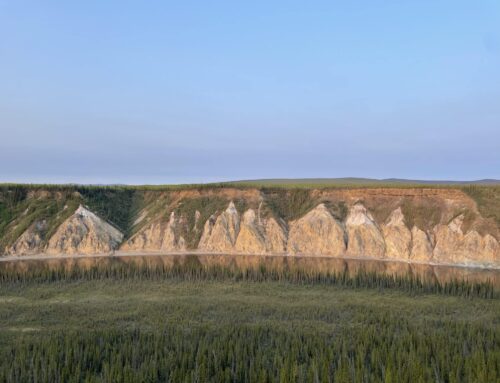Today, the Department of the Interior released its final rule, “Waste Prevention, Production Subject to Royalties, and Resource Conservation; Rescission or Revision of Certain Requirements.” In response, Ms. Ryan Alexander, president of Taxpayers for Common Sense issued the following statement:
Today’s final methane rule makes it painfully obvious that this administration is placing industry interests ahead of federal taxpayers. Secretary Zinke has chosen to dismiss the problem of leaked, vented, or flared gas from drilling operations on federal lands, costing taxpayers millions in lost revenue.
For years, we have tracked increasing methane losses on federal lands. In 2016, oil and gas companies avoided paying royalties on 83 percent of gas lost, up from 70 percent in 2015.
The methane waste problem is growing while the Bureau of Land Management turns a blind eye. At a time when the nation faces historic deficits, taxpayers cannot afford to giveaway our valuable resources to wealthy oil and gas companies.
BACKGROUND:
Each year, taxpayers lose out on millions of dollars in lost royalties on federal natural gas that’s wasted, largely due to Department of the Interior policies that are perpetuated in the new rule. Oil and gas producers on federal lands reported losing 216 billion cubic feet of gas from 2008 to 2017, and paid royalties on just 13 percent of it.
After a more than 5-year-process, the Bureau of Land Management finalized the initial Methane Waste Prevention rule in November, 2016 to address the problem of natural gas losses from oil and gas operations on federal lands. In December 2017, the administration effectively prevented the 2016 rule from taking effect until 2019. As a result, federal oil and gas management policy largely reverted to vague guidance written in 1979, decades before the fracking boom caused a spike in both oil production and gas waste on federal lands. At the time, the Interior Department stated the suspension was in place until the 2016 rule could be revisited. Now, with the release of the finalized rule, the administration has chosen to rely on a patchwork of state regulations and the NTL-4A guidance from 1979.











Get Social